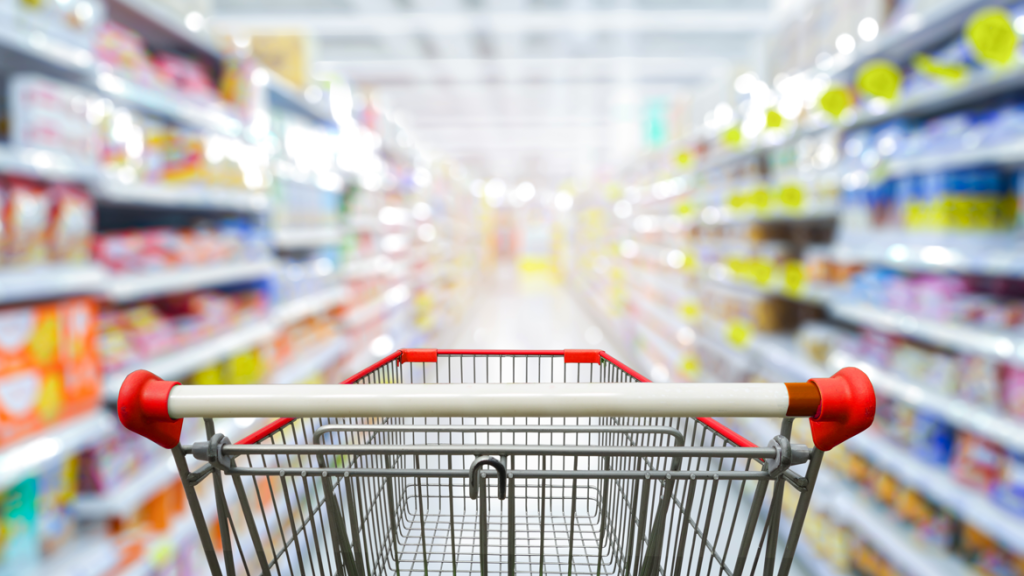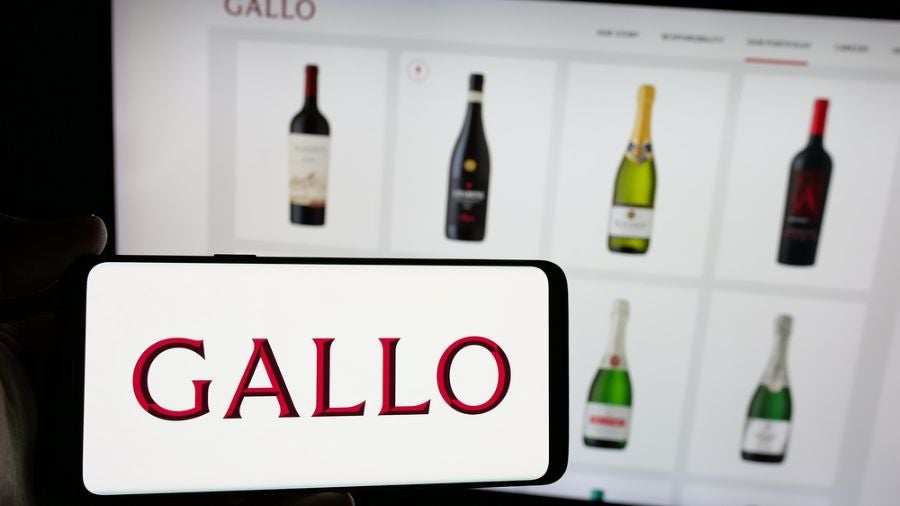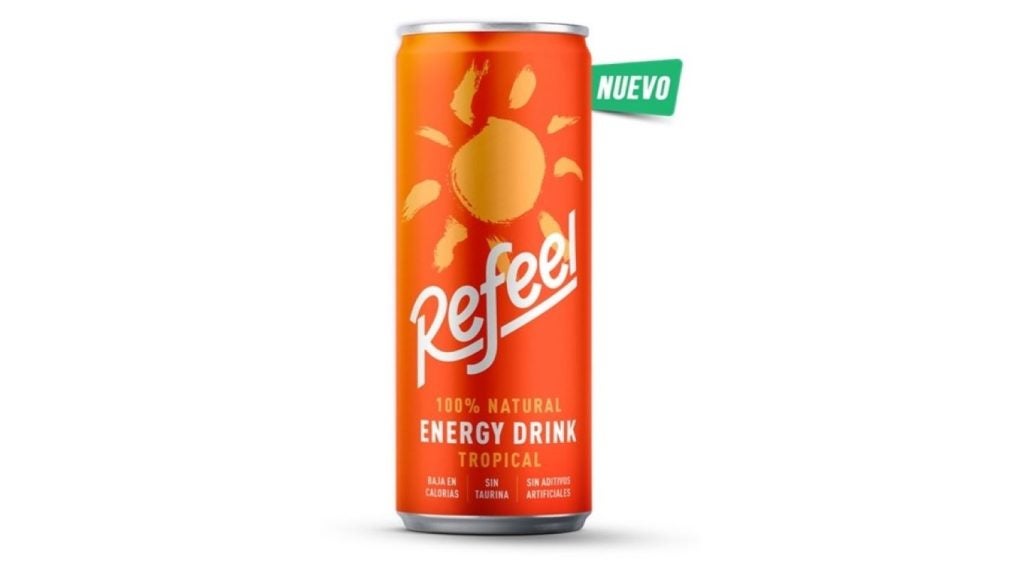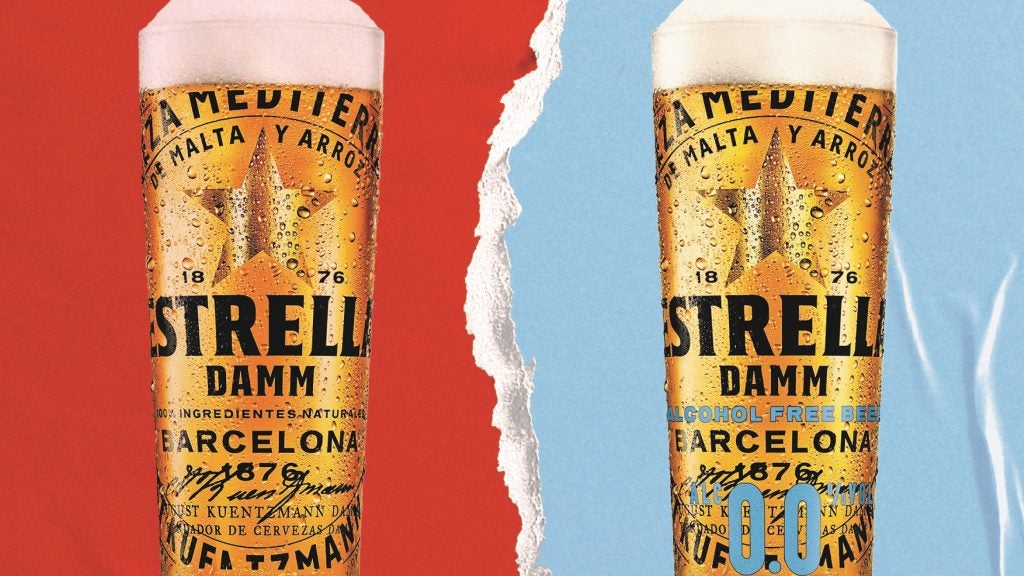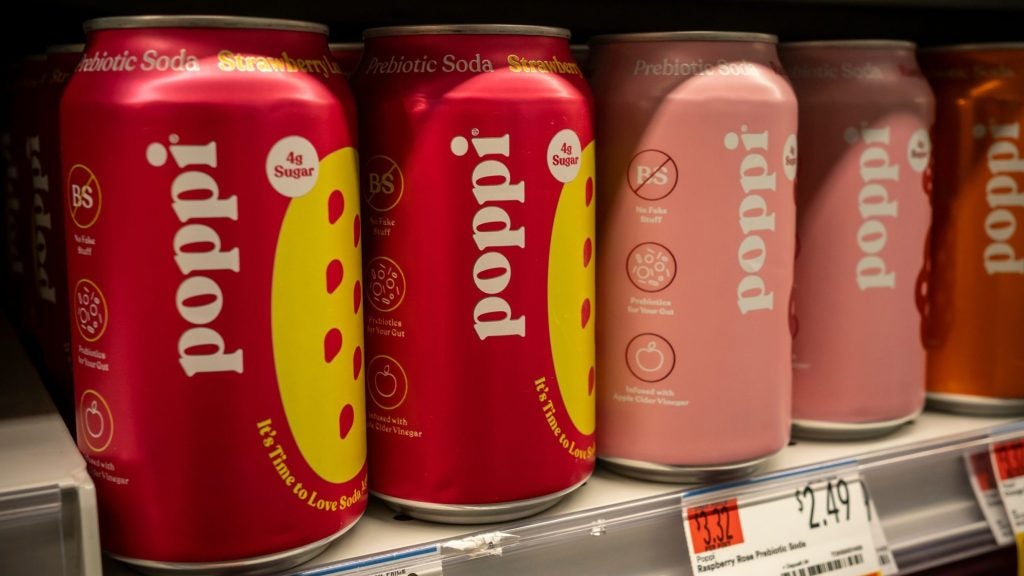UK food inflation is set to rise by more than a third within the next 25 years, driven by 'climateflation', a new report from UK think tank The Autonomy Institute shows.
The study, titled ‘On the Horizon: Climate‑Induced Inflation and the Price of Food’ projects an impending ‘climateflation’ crisis that could drive food prices up by 34% by 2050.
According to the report, UK food inflation is tightly linked to worldwide supply disruptions, as increasing temperatures hit food producers in Europe and abroad.
The study noted that "heatwave-induced inflation" could put up to a million (951,000) people into poverty without urgent state intervention.
According to the Autonomy Institute, the UK is particularly at risk given it imports almost half of its food, making it dependent on global supply chains.
Climate shocks in key export countries such as Spain, France and Brazil in particular could cause disruption to imports and "further exacerbate inflation", it said.
Agriculture on domestic soil is also deemed to be at risk, as extreme weather events such as flooding and droughts affect crops like wheat, barley and oilseed rape.
Reflecting on the study in a separate statement, CEO of the Autonomy Institute, Will Stronge said: “Without proactive intervention, rising heatwaves and droughts could drive food prices up by a third by mid-century. Climateflation is no longer a distant risk; it's a present reality.”
Stronge added: “We need to build real economic resilience - and that means rethinking what public service provision can and should provide in the face of climate disruption: from delivery of basic essentials to publicly-funded diners and a national buffer stock.”
In light of its findings, the Autonomy Institute set out a number of policy recommendations, including that the government introducing a national buffer stock to stabilise prices during disruptions.
It also called for price controls to be brought in on essential foods to curb “greedflation” and for "Long-term investments in regenerative and agroecological farming" in order "to build resilience in the domestic food system and reduce reliance on imports".
It has also called for the government to offer every UK household a 'basket' of food essentials free of charge, among other recommendations.


